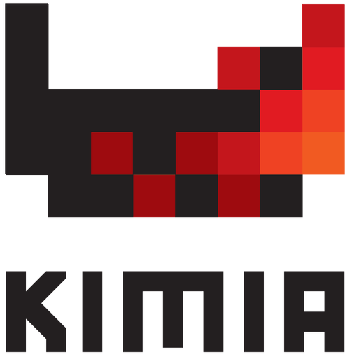Growing population and increasing regulations have increased the demand for fast, accurate, and accessible methods for elemental analysis across the world. Inductively coupled plasma mass spectrometry (ICP-MS) is the most popular technique for trace and ultra-trace element analysis in environmental, semiconductor, clinical, pharmaceutical, biomedical, electronics, geochemical, food, and agriculture fields.
High price tag, high argon and power consumption, large footprint, complicated workflow, and long analysis turnaround associated with traditional ICP-MS systems are important impediments to penetration of this essential technology in developing and untapped markets where most of the future growth is expected.
Kimia Analytics is formed by a team of scientists with strong backgrounds in mass spectrometry, plasma sciences, analytical chemistry, and thermofluids. This combination has enabled the development of the first ever compact, transportable Inductively Coupled Plasma Triple Quadrupole Mass Spectrometer (ICP-3Q-MS).
This enabling technology is made possible due to a number of breakthroughs in this area. A new generation of ICP torch as ion source—developed by a highly-achieved team of scientists from the University of Toronto (U of T)—in combination with the first ever patented air-cooled ion sampling interface developed by Kimia’s technical staff have provided a tangible opportunity in the elemental analysis market. Establishing a key alliance with QuadroCore, a company with strong capabilities in miniaturized triple-quad mass spectrometers, has provided a concrete foundation for Kimia to address a major market need for real-time, rapid, ultra-sensitive elemental analysis technologies.







